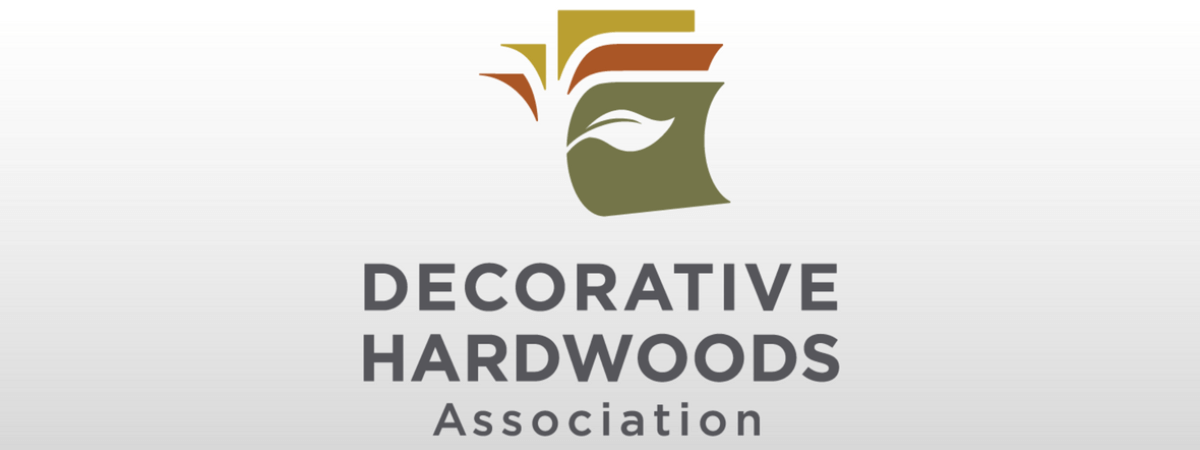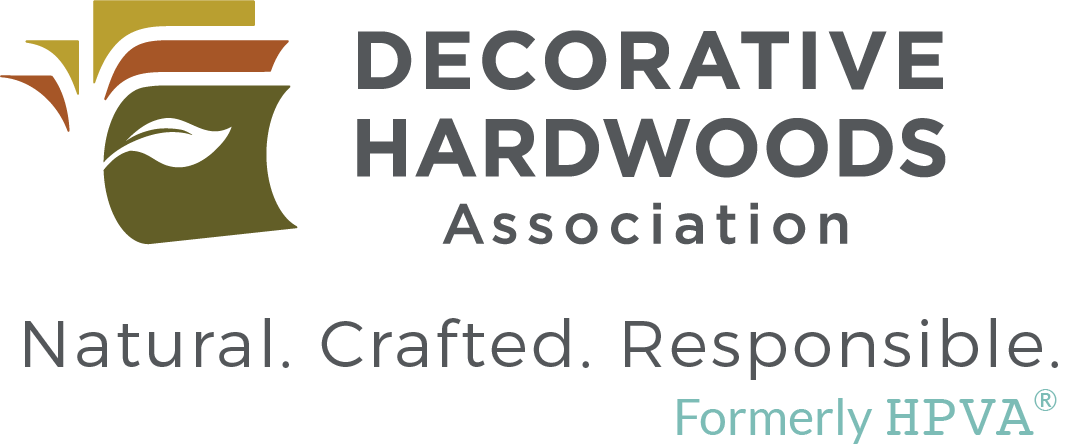Coronavirus: Government Declarations & Regulations

Below are updates to laws and regulations specific to the COVID-19 pandemic that affect our industry and businesses:
Updated 9-9-2020
Senate Preps for COVID Relief Bill Vote Tomorrow
Senate Majority Leader McConnell was asked today whether the skinny bill has 51 votes. His reply was, via reports, “We’ll have the vote tomorrow afternoon and find out.” Reports and positions are being made public by Republican Senators indicating their support for the skinny bill. Prospects are looking increasingly positive though a majority vote is yet to be locked in. Sen. Mike Lee of Utah has stated he intends to vote in favor of the procedural vote for the Coronavirus package tomorrow. The measure contains a provision included at the request of Sen. Ted Cruz of Texas. According to some reports, Sen. Rand Paul of Kentucky will not support the measure. This is based on a quotation: "I'm not for borrowing any more money."
Reports on DOJ Crackdowns on Misuse of PPP Loans
Via Politico reporter Kellie Mejdrich:
Capitol Counsel Analysis: Healthcare Provisions in the Targeted Coronavirus Relief Package
On September 8, 2020, Senate Majority Leader Mitch McConnell (R-KY) released the
The legislation includes several offsets, including provisions to rescind or “clawback” funding for certain COVID-19 relief programs operated by the Small Business Administration, and the Federal Reserve. The offsets would not reduce funding for the Department of Health and Human Services (HHS) Provider Relief Fund. The legislation does not include a separate funding increase for the Provider Relief Fund; however, health care facilities are among the entities eligible for funding allocated through state and local governments to scale up COVID-19 testing.
The GOP targeted bill and a brief summary of changes that deal directly with PPP.
The bill text does include language added directly from S.4117 requiring that the simplified forgiveness application be no more than one page and be established by the SBA no later than 7 days after the date of enactment. It also includes changes that have been highlighted in the word version of the text to satisfy the asks of other members of the conference (Ron Johnson). These changes:
- Requires reporting of payroll costs and sum of covered nonpayroll costs on simplified application form for borrowers with PPP loans of under $150,000. (Page 5, lines 15-30 of the word document)
- Requires retention of employment records for 4 years and other records for 3 years for borrowers electing simplified forgiveness. (Page 5, line 34, through page 6, line 2, and page 6, lines 21-27 of the word document)
- Provides $50 million for audit funding, paid for by reducing funds available for PPP loans by $50 million. (Page 23, line 17, and lines 26-29 of the word document).
In addition to the “skinny” bill, I wanted to share with you a link to an op-ed that gives a good overview of the need for PPP streamlined forgiveness: https://www.bizjournals.com/triangle/news/2020/08/27/why-congress-may-be-balking-at-forgiving-ppp-loans.html
Previously
State-by-State Analysis of COVID-19 Trials Shown in U.S. Chamber GIPC's New Interactive Map
All across the country, America’s innovation community has mobilized like never before to fight the coronavirus pandemic. Right now, our nation’s brightest scientific minds, most innovative companies, and leading universities are moving at unprecedented speed to deliver the COVID-19 treatments, vaccines, diagnostics, and cures we need.
https://www.uschamber.com/article/innovation-enlisted-the-coronavirus-fight-state-state-analysis?iesrc=ctr
Updated: Interactive State-Specific Guidance Map
As you may call, in May, the U.S. Chamber released its State-Specific Guidance Map that tracks the reopening differences across each state and provides the latest guidance and information for America’s employers. Just this week, this resource was expanded to now include state-specific travel and mask guidance, in addition to updates on re-openings that may have been reversed. Click here to see the updated State-Specific Guidance map.
Latest PPP Data from Extended Program
- New summaries of data are available via the Treasury and Small Business Administration on the extended Paycheck Protection Program (PPP). The latest documentation is available here: SBA Paycheck Protection Program Loan Report Round 2 – Updated 7/10
- Summary of Paycheck Protection Program Round 2 Data – Updated 7/19
- State-by-State Data can be found here.
Small Business and Treasury Updates
The Treasury and SBA continue to release documentation regarding the Paycheck Protection Program (PPP) and provide daily updates on the status of the fund.
- SBA Paycheck Protection Program Loan Report
- SBA Paycheck Protection Program Loan Report Round 2 – Updated 5/25
- Summary of Paycheck Protection Program Round 2 Data – Updated 5/28
- Coronavirus Recovery Information in Other Languages – Updated 5/18
On April 9, the IRS issued Notice 2020-23 announcing the automatic extension of additional key tax deadlines for individuals and businesses. This announcement follows last month’s announcements in (1) Notice 2020-18, providing that taxpayers generally have until July 15 to file and pay federal income taxes originally due on April 15, and (2) Notice 2020-20, providing additional automatic extension relief, postponing certain federal gift (and generation-skipping transfer) tax return filings and payments. Notice 2020-23 generally expands this automatic extension relief to all taxpayers that have a filing or payment deadline falling on or after April 1 and before July 15 (originally or pursuant to a valid extension).
Additional resources: IRS press release, IRS revenue procedure, and IRS notice
Home Furnishing Petitions for COVID-19 “Essential” Status
The American Home Furnishing Alliance, Home Furnishings Association, and the International Home Furnishings Representatives Association jointly petitioned Vice President Pence to consider adding home furnishings to the products considered “essential” during the virus pandemic. The group stated that big box stores and online retailers have remained open and this points to the essential nature of the industry’s products. woodworkingnetwork.com, April 6, 2020.
Home furnishings groups pet#B8B
U.S. Department of Homeland Security (DHS) States Forest Products Vital
The forest products industry plays a vital role in the nation’s infrastructure especially in response to the global COVID-19 epidemic according to a DHS memorandum. The industry has a “special responsibility to maintain [its] normal work schedule.”
SOURCE: Timberbiz, March 23, 2020. Timberbiz » US Homeland Sec#6C8
DHS Guidance on Essential Workforce Includes Wood Products
The DHS list has now been updated to include supply chains of essential industries. Added to the section on critical manufacturing is: Workers necessary for the manufacturing of materials and products needed for medical supply chains, and for supply chains associated with transportation, energy, communications, food and agriculture, chemical manufacturing, nuclear facilities, the operation of dams, water and wastewater treatment, emergency services, and the defense industrial base. Additionally, workers needed to maintain the continuity of these manufacturing functions and associated supply chain.
In version 2.0 of CISA’s list, due out from DHS today, residential construction and the supply chain for construction will be specifically added to the list of essential industries.
CDC Releases New Facility Safety Guidance
In response to a NAM request, the Centers for Disease Control and Prevention (CDC) have provided this letter and additional guidance on safe manufacturing operations during the COVID-19 outbreak.
EPA Allows AF&PA/AWC-Requested Enforcement Discretion
Last week, EPA’s Office of Enforcement and Compliance Assurance (OECA) issued a temporary enforcement policy to address noncompliance with environmental requirements where the COVID-19 pandemic was the cause. This guidance addresses many of the concerns AWC raised with EPA officials after members indicated that potential worker and consultant shortages, travel and social distancing restrictions and disruptions, and lack of available testing facilities due to the pandemic could jeopardize meeting routine compliance monitoring and reporting obligations.
Since states run most of the environmental programs, the policy acknowledges they may take a different approach. Thus, companies may want to bring the federal policy to the attention of their state environmental agencies. The guidance is retroactive to March 13, applies to actions or omissions that occur while the policy is in effect even after it terminates, and will remain in effect until EPA withdraws it, giving at least a seven-day notice.
The kind of requirements covered include routine compliance monitoring, integrity testing, sampling, laboratory analysis, training, and reporting or certification. For these routine requirements, EPA does not expect to seek penalties in situations where “COVID-19 was the cause of noncompliance and the entity provides the supporting documentation to the EPA.” However, EPA does expect facilities to maintain environmental control systems and meet applicable permit limits and other requirements.
The policy states that if compliance is “not reasonably practicable,” facilities should still minimize the effects and duration of noncompliance, and identify the nature and dates of noncompliance, how COVID-19 was the cause of the noncompliance, steps taken to return to compliance, and provide onsite documentation for inspection by regulatory authorities.
CISA Federal Guidelines and State Adherence
“Stay-in-place” orders are spreading across the country. Many states and local jurisdictions have simply referenced the Department of Homeland Security CISA federal guidelines (noted above) as to which companies can remain open, thereby providing some national consistency and which includes wood products manufacturing. However, some states have implemented their own unique lists.
The National Association of Manufacturers sent a letter to Pennsylvania Governor Tom Wolf urging him to allow manufacturers in his state to keep operating during the crisis. Notably, the CISA list was updated to include suppliers to essential industries. NAM continues to work with its partners in other states, including Minnesota, North Carolina, Florida and Kentucky, to help manufacturers continue their essential work.
Additionally, DHA, AWC, and many forest industry associations supported industry and the supply chain by joining several letters to elected officials:
Manufacturers sent a letter with over 100 signatories to the President and Governors, and a separate letter to DHS, supporting a consistent definition of critical infrastructure across the country. DHS granted the designation, which will enable many home building firms to keep their businesses open and help stabilize the housing industry and its supply chain in the near term, as noted above.





